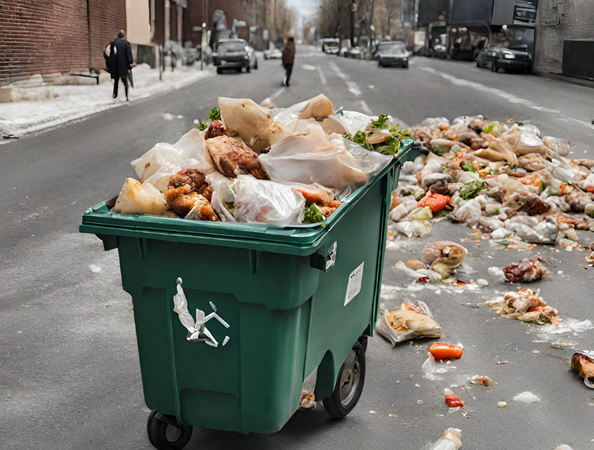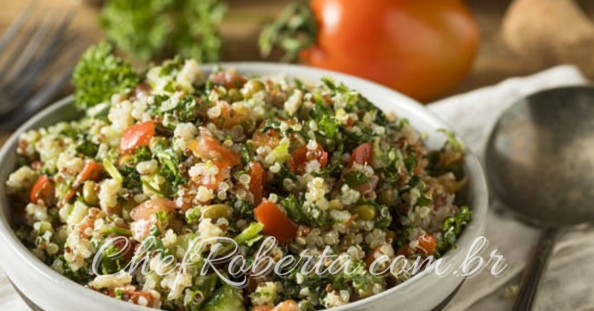Why consume food without pesticides?

An almost rhetorical question, after all the advantages are many, already well known and it does not hurt to remember. But first understand the difference between organic and agroecological foods.
Agroecology is a science, a social movement, has technological, political and economic dimensions. In addition to not using agrochemicals, it performs sustainable management, values ??traditional seeds and grows food in harmony with nature and local culture.
Organic production also does not use pesticides, but does not necessarily address diversity such as agroecology.
What matters to the knowledge of all this is that the foods produced by both techniques do very well to health, after all they do not have chemical additives that are harmful and leave them without taste and life, despite the wonderful appearance that they present themselves.
So let’s recall the advantages of organic food consumption (source: Environment Brazil):
1. Avoid health problems caused by the ingestion of toxic chemicals. Research and studies have shown that pesticides are harmful to our body and residues that remain in food can provoke allergic reactions, respiratory, hormonal disorders, neurological problems and even cancer.
2. Organic foods are more nutritious. Rich, balanced soils with natural fertilizers produce foods with higher nutritional value.
3. Organic foods are tastier. Flavor and aroma are more intense – in their production there are no pesticides or chemicals that can change them.
4. Protects future generations from chemical contamination. The intensive use of chemicals in food production affects air, soil, water, animals and people. Organic agriculture excludes the use of fertilizers, agrochemicals or any chemical; And has as its basis the preservation of natural resources.
5. Prevent soil erosion. Through organic techniques such as crop rotation, intercropping, composting, etc., the soil remains fertile and remains productive year after year.
6. Protects water quality. The agrochemicals used in the plantations cross the soil, reach the water table and pollute rivers and lakes.
7. Restores biodiversity, protecting animal and plant life. Organic agriculture respects the balance of nature, creating healthy ecosystems. Wildlife, an essential part of the agricultural establishment is preserved and natural areas are conserved.
8. Help small farmers. For the most part, organic production comes from small family groups that have their only livelihood on earth. Keeping the soil fertile for many years, organic farming holds man to the ground and revitalizes rural communities.
9. Saves energy. The organic crop dispenses the chemical pesticides and fertilizers, intensively using the mulch, the incorporation of organic matter in the soil and the manual treatment of the beds. It is the opposite of conventional agriculture that relies on petroleum as an input of agrochemicals and fertilizers and is the basis for the intense mechanization that characterizes it.
I make a point of buying from local producers, contributing to the development of “family farming” in our region and I have great confidence in a producer, Mrs. Ana Elisa who sells the products produced in her lands, in her tent on Avenida Rio Grande From Ubatuba airport. Its products are of excellent quality and have a considerable variety. The opening hours are Monday to Friday, from 7am to 7pm.
Written matter for the newspaper “A Cidade Ubatuba”





